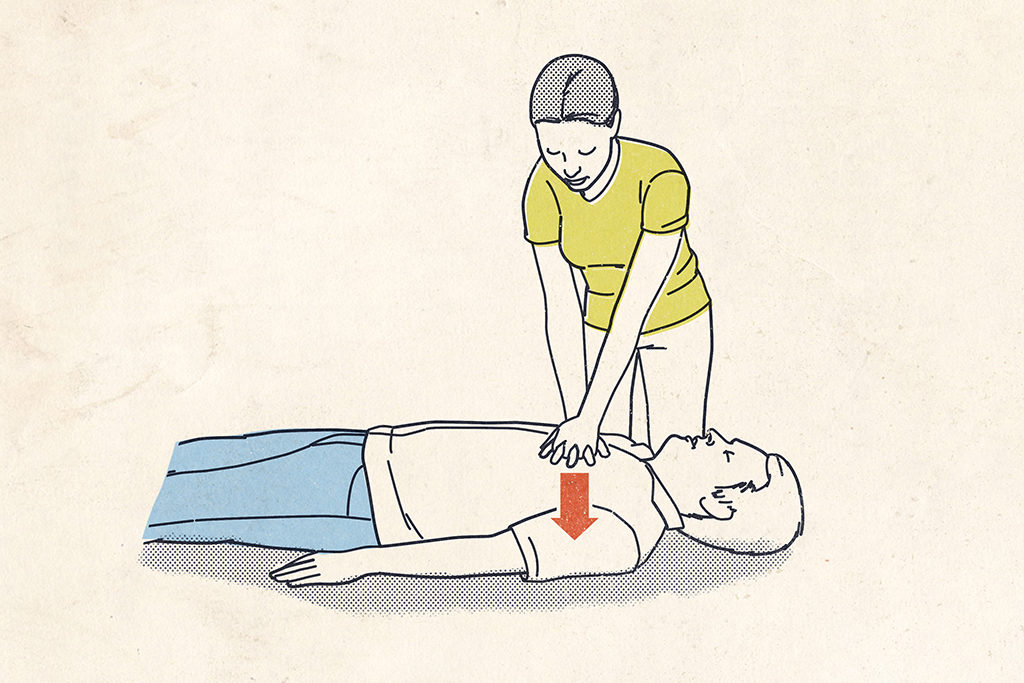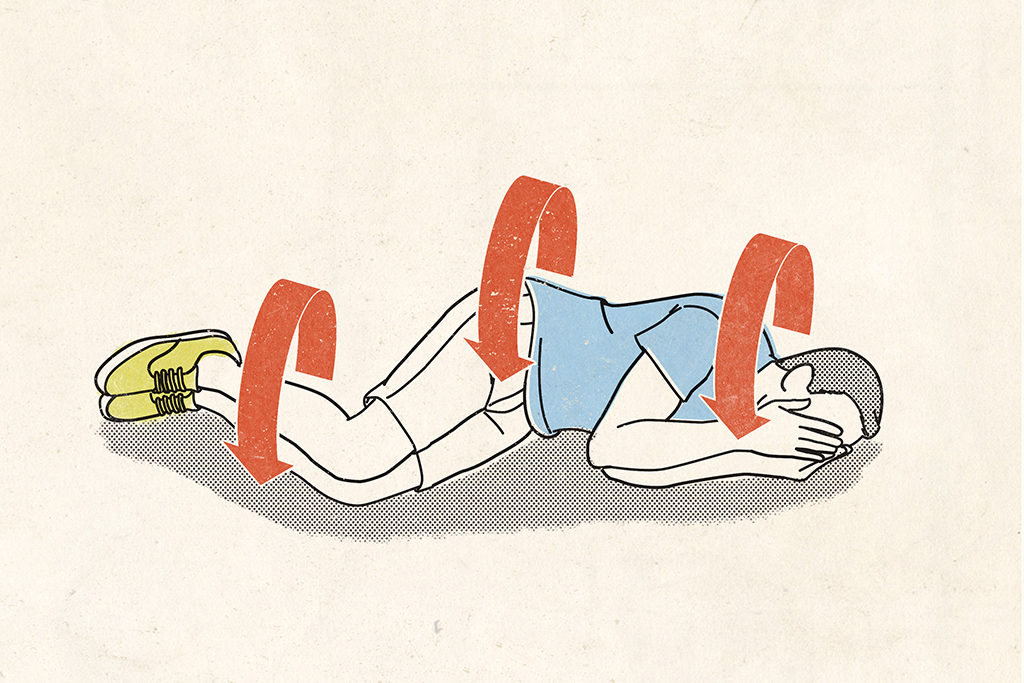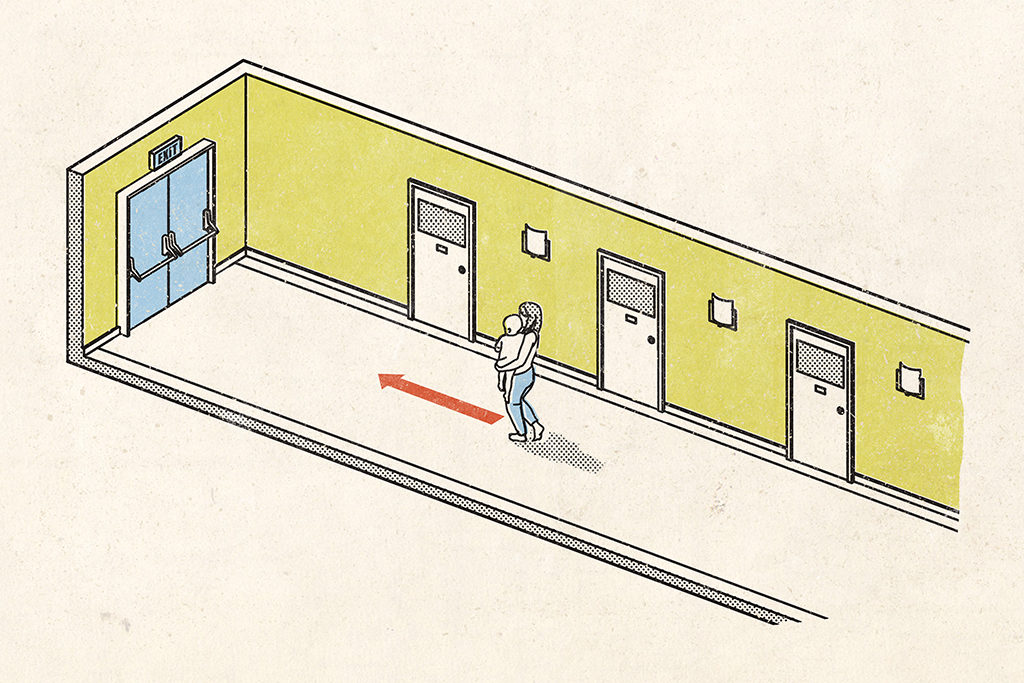3 Family Emergency Plans to Set in Stone
Emergencies are never a pleasant topic of discussion. No one enjoys planning for them, so they can often fade from priority. But in the event of an emergency, you and your loved ones will want to be prepared and equipped to handle what comes your way. That’s why formulating a family emergency plan — before an emergency happens — is of the utmost importance. Consider this your crash course.

In Case of a Health Emergency: CPR and First Aid
This category is both the broadest and most likely to occur as your family grows, so knowledge and preparation are key.
It’s a good idea to take either an online or in-person CPR class so you know the proper steps (chest compressions and breathing) should someone have a heart attack or nearly drown. The American Red Cross is a helpful source for locating classes.
Your family emergency plan should also include a well-stocked first-aid kit, containing adhesive bandages, antibiotic ointment, ibuprofen, sterile gauze pads, tweezers, a thermometer, and more. Store the kit in an accessible place and be sure to replace expired products. Take it on camping trips and to other outdoor destinations.

In Case of a Fire: Stop, Drop, and Roll
Clothing can catch on fire for a number of reasons. A stovetop pot can go up in flames. A match meant to light a candle can fall haphazardly. An arm can reach too close to a campfire. In any case, a person’s response — and the immediacy of it — can make all the difference.
Adults and children alike should stop, drop, and roll right away if clothing catches fire to extinguish flames and prevent spreading. Stop where you are, drop to the floor (covering your face), and roll back and forth. If there is a house fire, vacate the premises as quickly and as safely as possible, keeping low to the ground to avoid smoke.

In Case of a Natural Disaster: Have a Plan
Depending on where you live, a range of common natural disasters could occur. A family emergency plan for tornadoes might look different than one for hurricanes and flooding and one for lightning storms. Know your region and what would most likely befall it.
For any possible disaster, though, sign up for severe-weather alerts, designate a shelter area and evacuation route, and keep a kit handy with items like flashlights/batteries, blankets, water, nonperishable food, sanitation supplies, and other essentials. It’s also beneficial to keep an emergency savings fund specifically for times like these.
If you don’t have a family emergency plan for these scenarios, now is the time to get started. Call your Texas Farm Bureau Insurance Agent to schedule a 360 Review to make sure you have all the coverage you need to protect your family.
Coverage and discounts are subject to qualifications and policy terms and may vary by situation. © 2019 Texas Farm Bureau Insurance



